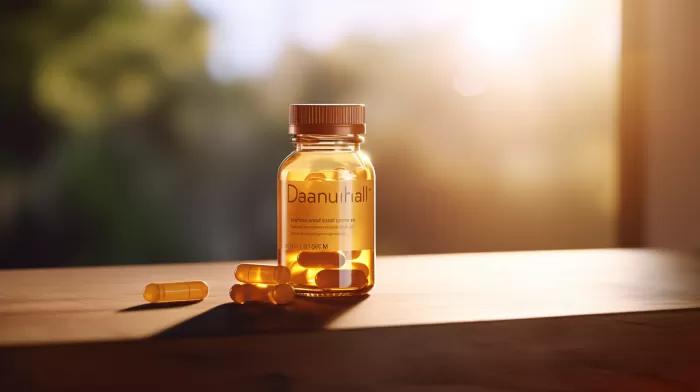Nearly everyone knows that Vitamin D plays a significant role in maintaining healthy bones and protecting against rickets, but did you know that it’s also essential in the fight against various cancers? Vitamin D deficiency is associated with several types of cancer, including colorectal, lung, prostate, breast, and ovarian. Recently, low Vitamin D levels have been linked to an increased risk of leukemia.
Epidemiologists at the University of California, San Diego School of Medicine, reported that people living in higher latitude regions with lower sunlight/ultraviolet B (UVB) exposure, resulting in a higher prevalence of Vitamin D deficiency, were two times more likely to develop leukemia than those living closer to the equator1. According to Cedric Garland, DrPH, adjunct professor at the Department of Family Medicine and Public Health, this suggests that much of the leukemia burden worldwide is due to the epidemic of Vitamin D deficiency experienced in winter months in populations distant from the equator.
Why is Vitamin D important?
Vitamin D is essential to our health in many ways. It plays a crucial role in regulating the absorption of calcium and phosphorus in our bones, helps our immune system better protect our bodies against diseases, and aids in the normal growth and development of our cells. Many studies have shown that Vitamin D has cancer-fighting properties, helping to reduce the risk of developing various types of cancer, including leukemia.
How can we combat Vitamin D deficiency and reduce our risks of cancer?
In almost all cases, our bodies synthesize Vitamin D naturally when exposed to UVB radiation from sunlight. This is why it’s essential for people living at higher latitudes, where sunlight is less abundant, to take extra measures to ensure they are getting enough of this crucial vitamin.
1. Get outside
According to Dr. Michael Cutler, the best way to increase Vitamin D levels is to expose yourself to sunlight and, for most people, just 20 minutes daily is sufficient. Face suncreen can still be beneficial, however, it is essential to ensure that it doesn’t have any harmful ingredients.
2. Take a Vitamin D supplement
If you’re unable to spend time outside daily, or you live in an area with limited sunlight, consider taking a Vitamin D supplement. Typically, 1,000 International Units (IU) daily or 5,000 IU twice weekly of Vitamin D3 can effectively boost and maintain your Vitamin D levels.
It’s also critical to note that Vitamin D plus calcium supplementation can lower the risk of developing any cancer by over 75 percent2. In one study, researchers followed 1,179 post-menopausal women for four years. They discovered that those who supplemented with 1,400 mg calcium plus 1,100 IU Vitamin D3 had 76.8 percent fewer cancers after the first year compared to the group that received no additional Vitamin D.
3. Eat Vitamin D-rich foods
Unfortunately, there aren’t many foods that are natural sources of Vitamin D. The most significant sources of Vitamin D3 are typically fish oils, cold water fish, dairy products, and butter. However, there is one vegetable that contains Vitamin D – mushrooms1, which have 114 IU of Vitamin D per cup.
The bottom line
In conclusion, Vitamin D is vital for maintaining our overall health, and a deficiency can lead to several health problems, including an increased risk of developing various types of cancer. By making simple adjustments to our daily routines, such as spending more time outdoors, taking a Vitamin D supplement, or incorporating more Vitamin D-rich foods into our diet, we can reduce our risks of cancer and lead healthier, happier lives.
- Low Cloud Cover-Adjusted Ultraviolet B Irradiance Is Associated with High Incidence Rates of Leukemia: Study of 172 Countries — PLOS ONE ↩ ↩
- Lappe J, Travers-Gustafson D, Davies K, Recker R, Heaney R. “Vitamin D and calcium supplementation reduces cancer risk: results of a randomized trial.” Am J Clin Nutr. 2007 Jun;85(6):1586-91. ↩



